Steampunk For Kiddies
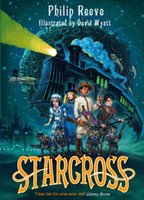
I was a big fan of Larklight by Philip Reeve. Starcross, the second in the Larklight series (the third book, Mothstorm, will be published in November) is just as entertaining--at least, for those of us with the background to enjoy the sly, understated humor.
The Larklight books are examples of steampunk, science fiction or fantasy set in alternative nineteenth century worlds before the advent of gas-powered engines and electricity. Reeve, in the case of his Larklight books at least, doesn't take the subgenre too seriously. These books are takeoffs on every nineteenth century British stereotype I've ever heard of and probably a great many I've never known. Swooning young women, boys' adventure stories, retired military figures, drawing room gatherings, empirial attitudes...the list goes on and on.
The basic storyline for Starcross made me think of something you might have seen in an episode of classic Star Trek (not that there's anything wrong with that): While gathered at a resort (think of one of those planets where the Enterprise crew liked to go for rest and recreation) Art and Myrtle Mumby, those classic siblings from the first Larklight book, encounter thought-sucking creatures from the future intent on dominating the British Empire, (the equivalent of the Federation) and only our strapping young boy hero and his ethnically diverse friends (like the crew of a Star Trek away mission) can save the homeworld and her possessions, which stretch out across space. There is also a threat from France in the form of a French secret agent. (Sort of like a Romulan spy.)
I love these books but with Starcross, even more than with Larklight, I wonder about the audience. The writing style is a little on the elaborate side, as one would expect from a nineteenth century novel or memoir. A lot of the humor is very subtle and dependent on at least a superficial knowledge of British history. I've read complaints from adult readers of Larklight about sexism and ethnic stereotyping (to the extent that you can have ethnic stereotyping when you're talking about races that don't really exist), meaning that those grown-ups didn't get the jokes.
How do the middle grade readers the book design suggests these books are marketed to feel about them? Will the YA readers who are more likely to have the historical background to enable them to enjoy them find these books?
Labels: Larklight
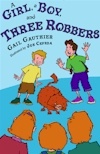
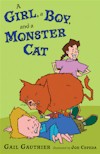
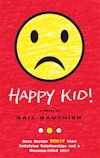
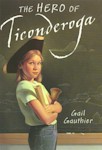
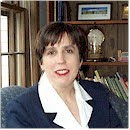



5 Comments:
I suppose when the movie of Larklight comes out (and it definitely looks as if it will) we'll see whether or not the books reach their intended audience at long last.
I can't speak for all middle grade readers - but my 5th grade daughter and 2nd grade son love these books. (The 2nd grader only read the first one so far). My 5th grader calls Larklight one of the best books she ever read and didn't hesitate for a second to use her holiday gift card on the sequel when she saw it in the bookstore. (and as far as I know she loved that one too!)
Well that sounds very promising then. I'm going to be speaking to seventh and eighth graders next month, and if I think of it, I'll ask if any of them read Larklight a year or two back.
As far as the movie is concerned, one explanation given for The Golden Compass movie not doing better than it did in this country was that the book wasn't all that well known here. I think it's far better known here than Larklight.
I've also read that GC did far better internationally because in other countries it was marketed as a family film. If the Larklight movie could be managed that way--with action and characters for younger viewers and sophisiticated humor for those, of any age, who are interested--I think it could be successful here.
But that remains to be seen.
My fifth-grade son loved Larklight. He didn't get the historical references, I'm pretty sure, but he loved the storyline. But I haven't met many kids who've read it. I just asked a group of 7th graders (ones who explicitly said they liked fantasy, historical novels, etc.) and they hadn't heard of it. Too bad; I thought it was fantastic.
I've been wondering if the audience gets the jokes, too. I haven't had a chance to ask any of them yet. And I haven't had anyone come in specifically to ask for them. But they do seem to be circulating pretty well. I *think* (can't remember for sure, though I looked within the past couple of days) that they're doing better in our YA area than in our Children's area (we both have them), and that seems on target to me. I honestly think that a *lot* of the humor will go over the heads of most elementary school kids.
Post a Comment
<< Home